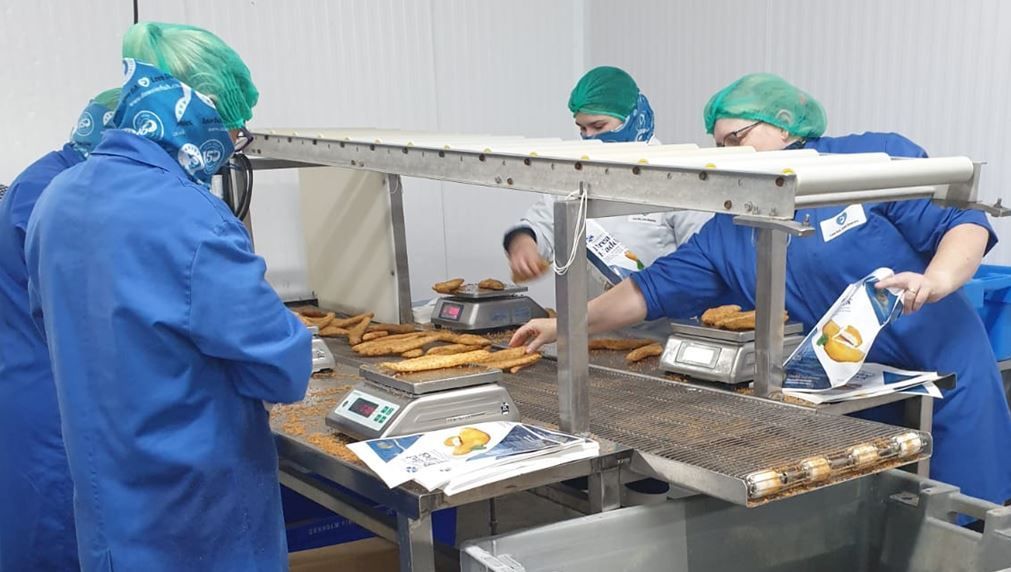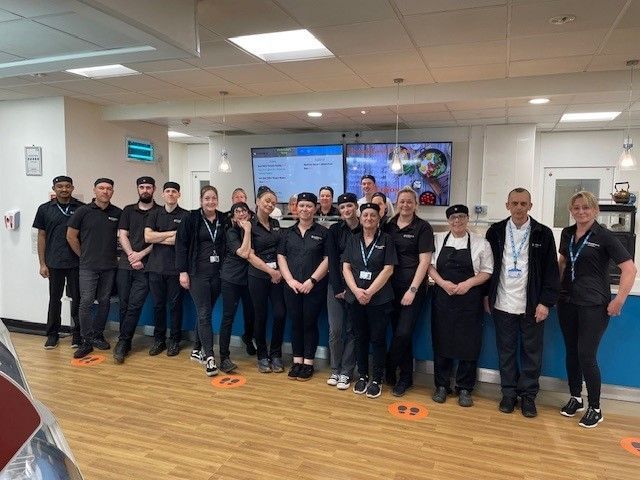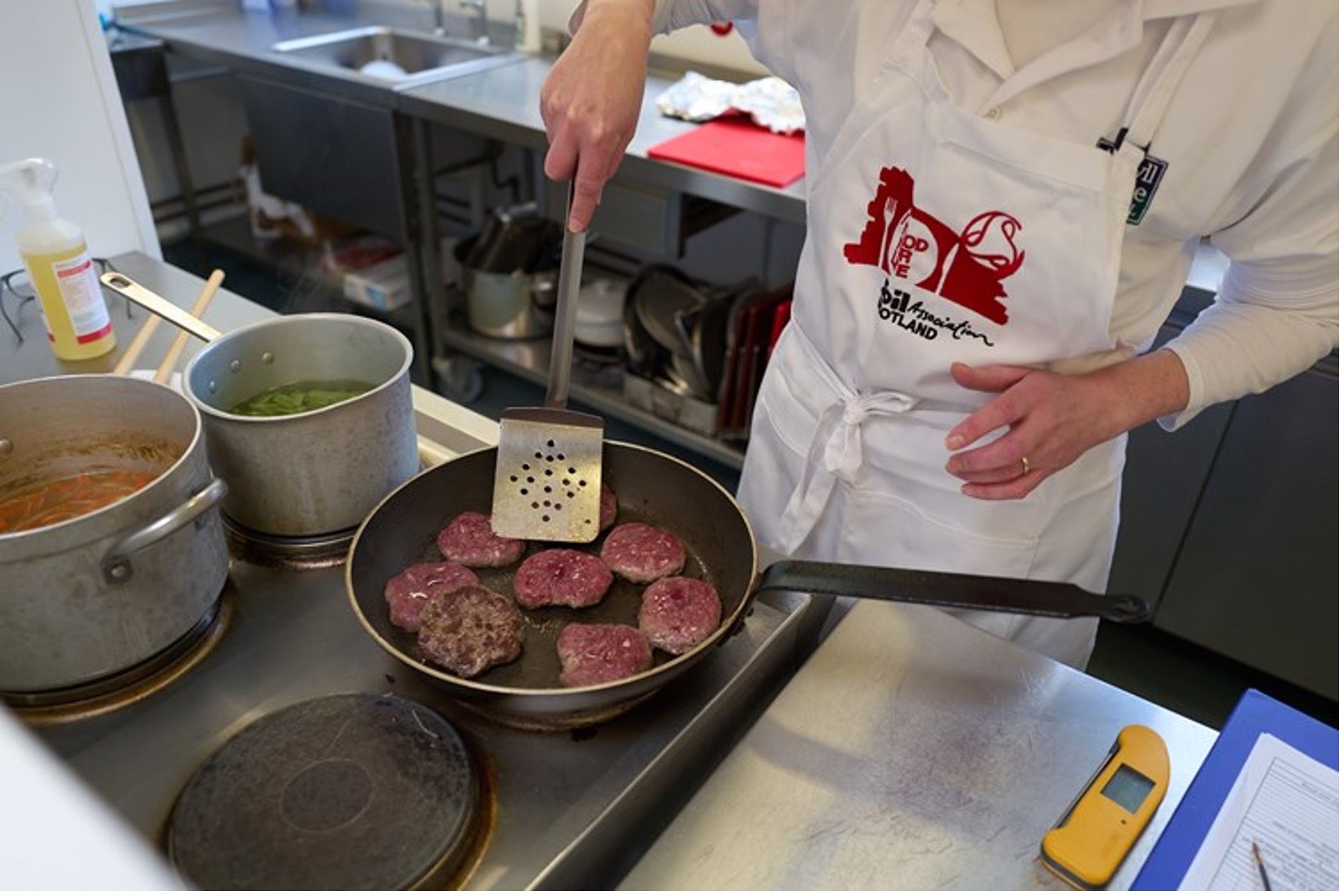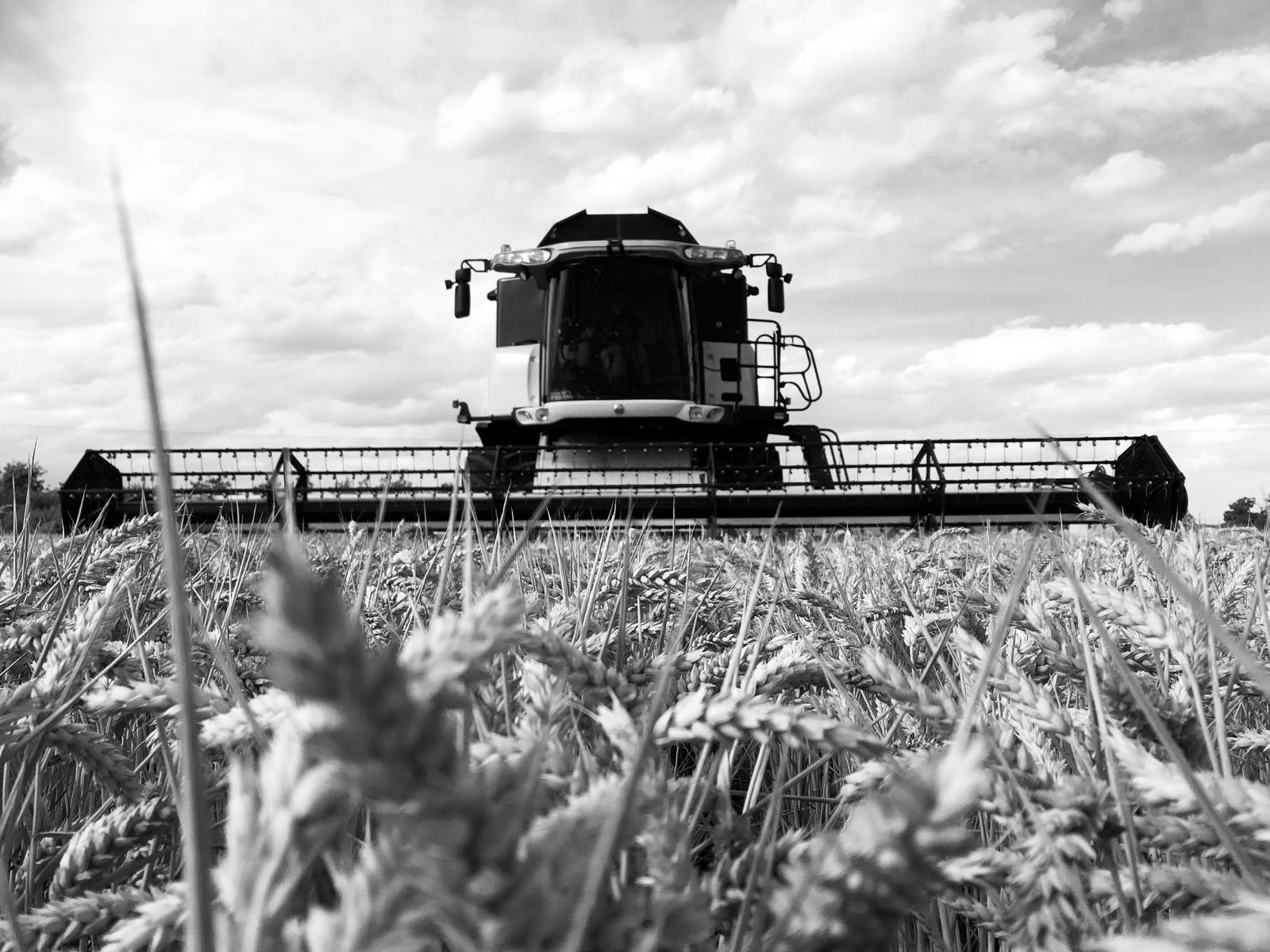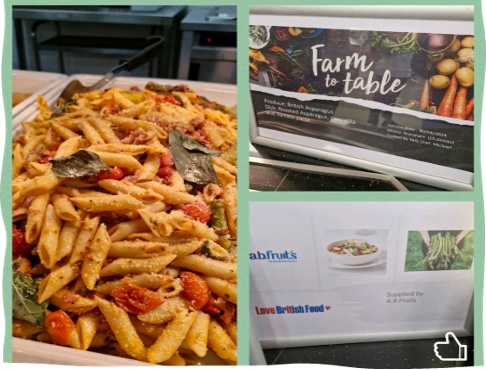‘We are what we eat, so eat something natural’ is one of my mantras. So when you consume an alternative product made from a variety of unknown ingredients such as a ‘plant-based’ cheese pretending to be a Brie or a Camembert, or a product acting like a chicken (which is very much like halloumi). It. Doesn’t. Work.
Vegan food mimicking the real deal does not cut it for me. The plant-based ‘bacon’ is far too uniform in its appearance (it looks like a zebra crossing on the plate) and ‘perfect’ in it’s execution; it doesn’t have the natural fat oozing out of the meat, there are no streaks of splendid peccadillo colours, and the flavour is bland at best.
So why are we judging plant-based food on how close it can be to natural animal products? They’re completely different and the vegan or ‘plant-based’ alternative cannot come close. It’s like judging Jane Austin to a Charles Dickins novel; they’re both still art and creative in their own right but completely different. The former doesn’t try to emulate the other, or indeed fall beneath its other shadow, the novel just celebrates its own creativity upon its own merit and this is what vegan and plant-based food can and should do too. Highlight the importance and significant diffidence of plants but please leave the cheese and bacon aspirations to the sheep, cows, goats and pigs.
I thoroughly believe that vegan and plant-based food can shine and provide a balanced alternative and/or supplementary diet with a beautiful and sustainable homage to our plant life. Please let us celebrate plant-based food; harvest the produce and make products that allow the plants to shine and make them the star of the show, (as well as all the animals). There’s room in the world for plenty more stars and our plants deserve it.
The therapeutic, medicinal and nutritional power of plants cannot be overestimated. They are, after all, the source of what gives us life!
The carbon cycle illustrates how we can all live together in a harmonious and productive way. Plants on land and in the ocean convert carbon dioxide to biomass through photosynthesis. The carbon returns to the atmosphere when the plants decay, are eaten and digested by animals. I think there is so much beauty in nature’s simplicity and wonder, and we often learn so much from Mother Nature.
Aren’t we lucky to be living in a country where we have so much produce and can enjoy the luxury of this vast choice to satisfy all of our individual diets and preferences? Meat, dairy, fish, seafood, vegetables, cereals, chillis, beer, wine, culinary lavender, edible flowers, sugar, honey, herbs and so much more! Whatever diet you choose to live by – whether you are vegetarian, pescatarian, vegan, omnivore, flexitarian – aren’t we lucky that we have this luxury of choice when other people in the world are not so fortunate?
Consuming ‘better’ meat, is perhaps only desirable and achievable for possibly the most affluent demographic of our society? The good and philanthropic intentions are there, but in practice, I personally don’t think this is realistic or indeed achievable. We conveniently forget that there are currently 8.4 million people in the UK who are living in poverty which is the equivalent of the population of london. Insisting that we should get the best quality meat that money can buy is a little ignorant and patronising. However, Great Britain does have the best animal welfare standards in the world, and for those who can afford the luxury of choice, we can, and should, be eating 100% pasture-fed livestock. Please don’t eat lamb from New Zealand of beef from Australia, but please do support our British food producers; especially our farmers.
The provenance of our food is of the upmost importance and crucial to the education of our children. Simply knowing where our food comes from lends each and everyone of us a deeper understanding of the world, nature and the circle of life. Whether or not you live in the town or in the country, coast or inland, bridging that gap is what I help try to do. To understand and appreciate our food, we need to know how it’s produced
I believe wholeheartedly that we, as a nation, need to support our British food producers now more than ever before and to ensure we educate and communicate to the general public the right information, especially about regenerative agriculture, and sustainable fishing, and not incomplete, sensationalist propaganda. This is so people can make informed decisions and choices that’s good and right for them.
So with more plants, and better meat, we need to support our farmers, because without them there is simply no food.
My other mantra is to ‘buy local, buy sustainably, buy seasonally, and when you’re in this country, please buy, and love British food’.
Follow @jennyljefferies
Share:
You may also be interested in...
